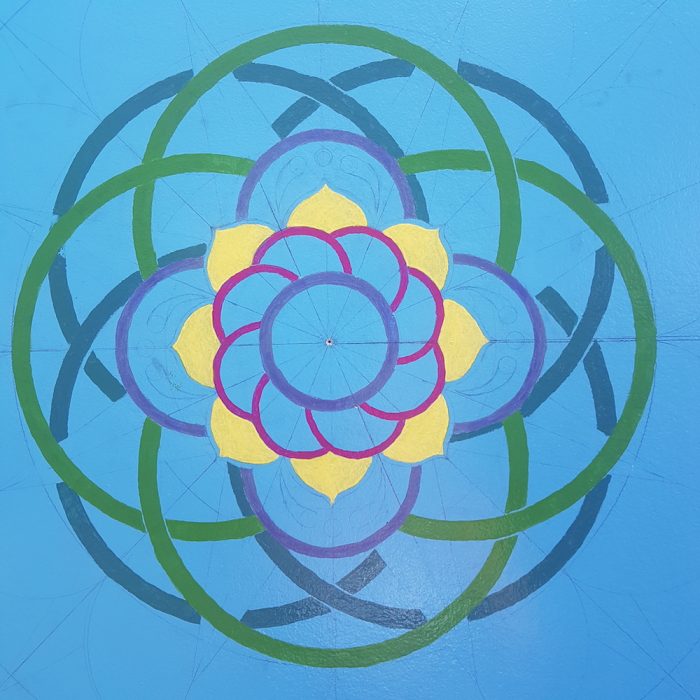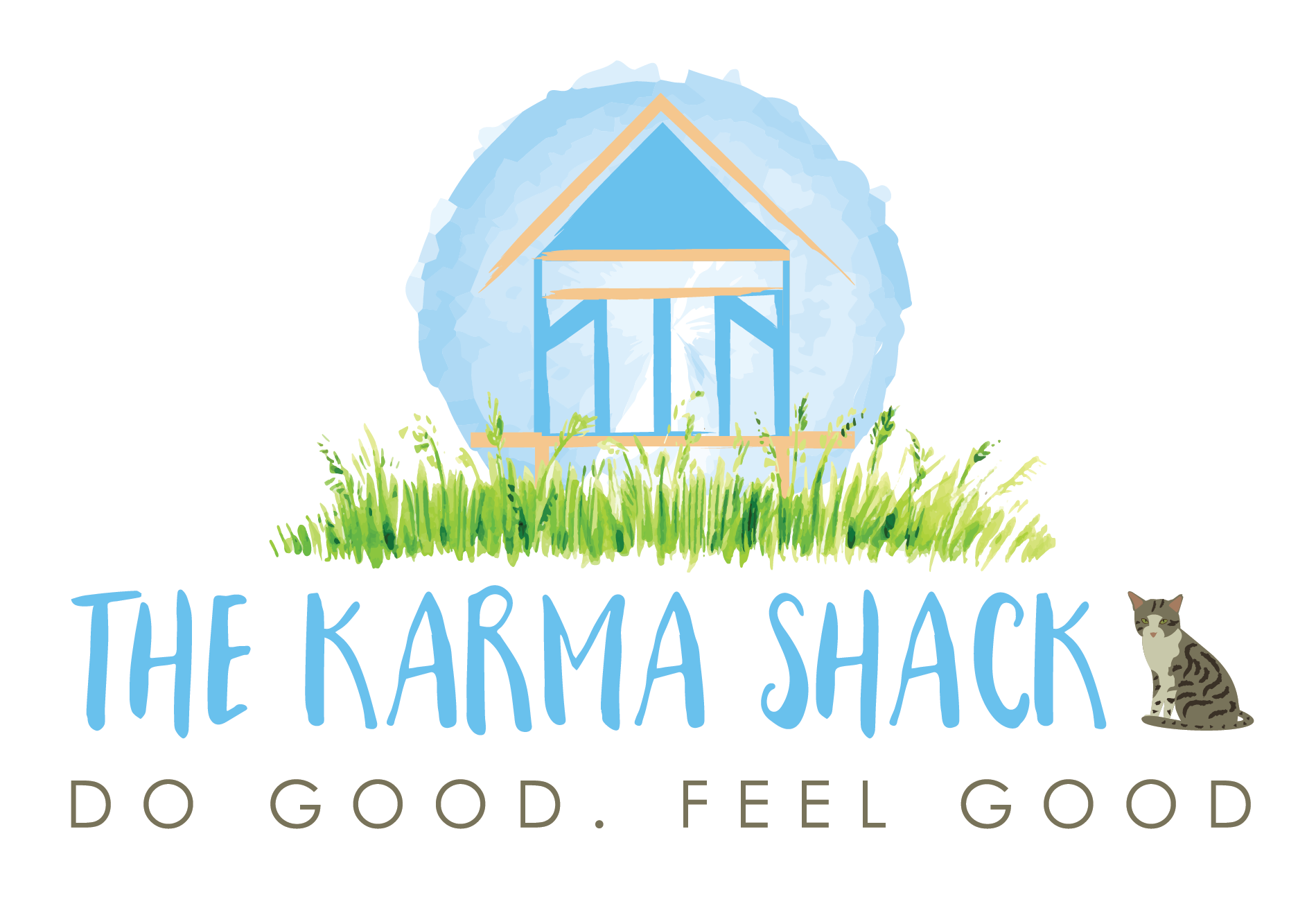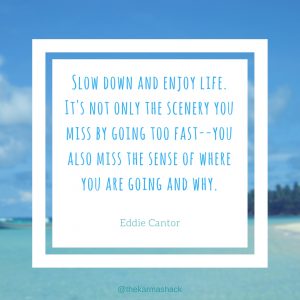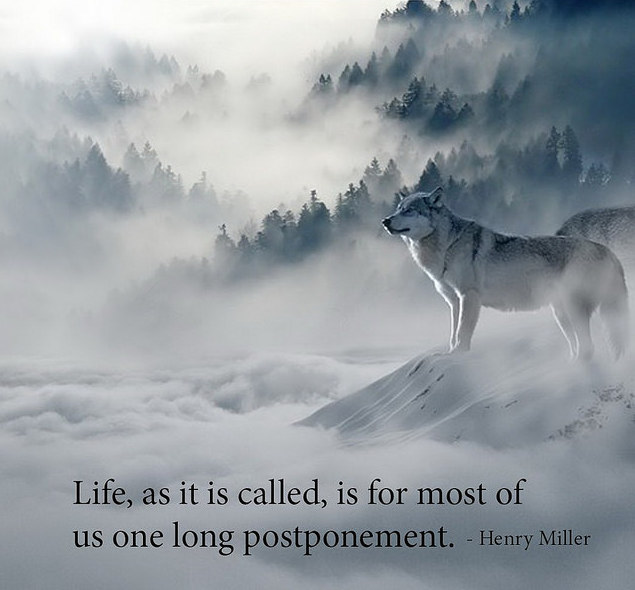Last month, I was a writer on fire.
Every time I sat down to write, a great story with a good take-away came out of my keyboard almost without effort.
It was the last month of Elephant Academy—writing month. Super inspiring. Every week, I submitted two or three stories to Elephant Journal, and they were all published.
I received a lot of positive feedback from fellow apprentices who loved and shared my articles on the Facebook pages they were managing.
They cheered me on and told me I was on fire.
I felt like I had wings. I was inspired and 100 percent motivated all the time.
And then it all came to a screeching halt.
The apprenticeship ended. We were gently removed from our Facebook pages to make room for the new group of apprentices coming behind us.
We were told: “The training wheels are off; you can do it by yourselves now.” The group camaraderie changed into more individual contacts with those people I had connected with most in the last three months. Things slowed down quite a bit.
Maybe I should say: I slowed down quite a bit.
It was as if I had gone cold turkey. Without the structure of weekly meetings and writing prompts, I now failed to inspire and motivate myself. Without the whole group cheering me on, I found it hard to generate the enthusiasm to write and keep writing until I had a catchy story with an interesting takeaway for the reader.
My inspiration and motivation were gone. I had lapsed into an acute bout of intense procrastination.
I let myself procrastinate for a while. I had been working hard for three months straight, and I felt I deserved a break.
That was a pretty dumb decision. I allowed myself to lose the invaluable momentum that the apprenticeship had helped me gain.
Procrastination has a strange self-reinforcing mechanism: when we postpone something once, the next day it’s already a little easier not to do it, the third day even more. It doesn’t take long to just forget completely why we wanted to do something at all.
But I had been writing every damn day for more than a month. I knew I was capable of it.
So my question to myself was: why am I procrastinating again? Why am I all of a sudden not able to sit down and write every day, as I would like to?
I decided to dig into the strange phenomenon of procrastination itself.
“Procrastination, in psychological terms, is what happens when the value of doing something else outweighs the value of working now.” ~ Elliot T. Berkman, Assistant Professor of Psychology at the University of Oregon
Almost all of us procrastinate in some way, and none of us are very proud of it.
Basically, we procrastinate out of fear. Fear of having to work hard, fear of failure, fear for not getting a reward, fear for the discomfort that is inherent in making meaningful changes in our work and lives. Easier to put it off for a bit, right? There’s so much else we’d rather do.
By putting it off, we falsely assume that tomorrow it will be easier to do the task, that we’ll have less fear. God only knows why we think something will change overnight that’ll make it easier. It turns out that the opposite is true, according to Forbes contributor, Margie Warrell:
“Our fears grow larger, not smaller, the longer we put things off. Eventually they lead into the burial ground for unfulfilled dreams and untapped potential.
By procrastinating, we sellout on our happiness—both today and in every tomorrow.”
Ouch! We don’t really want to do that, do we? Sellout on our happiness? Bury our dreams? Leave our potential untapped?
There’s three good reasons to stop procrastinating!
The question is: how can we stop?
Here are a five ways in which we can beat procrastination and get going again, according to psychologists and other experts in the field:
1. Define our goals: The clearer our goals, the easier it is to motivate ourselves.
According to Berkman, it is important to connect our goals with our future self. Imagining how we will feel if we achieve our goals, really identifying with that fulfilled future self makes it easier to detach form the present self that just wants to indulge.
Asking ourselves the specific question: why do we want to exercise, meditate, learn to play the guitar, stop drinking, or start saving money? What is our goal?
For that matter, why do I want to write? Good question.
Because I love writing! It makes me feel alive. Because I have many unique stories and experiences and insights in my head that I want to share—they might be of benefit to other people. Because I am a teacher, but I don’t like crowds—so I’m better off writing it down. Because I have a book in me that needs to be birthed.
Because I want to reach out to the world and be of service with my words.
2. Once we have a clear idea (again) of our goals, we can look at the things we have to commit to in order to achieve them.
The experts recommend making this as specific as possible. It is easier to fulfil specific goals than vague concepts.
If we want to get healthy, our goal should not be a vague wish for “more exercise.” Specifying it into “going for a 30-minute walk every day after we’ve had our morning coffee” makes it more likely that we’ll feel committed enough to actually do that.
If I want to be a writer, I can commit to sitting down and writing 1,000 words every damn day, starting at 9 a.m. right after breakfast. I can commit to posting a short inspirational post on Instagram every day after lunch. To submitting a story to Elephant Journal every Tuesday. Three specific and doable goals.
3. An often heard piece of advice is to break the big goal up into smaller bits that are easier to handle.
If we aim too high or too big at the beginning, first of all, it will seem too overwhelming. Secondly, we set ourselves up for failure further down the road. It’s called self-sabotage.
It is also important to focus on fewer tasks and really being choosy about our priorities.
We cannot start running 10 miles when we have not moved at all for the last 15 years. We may start with a daily walk just around the block. When that feels comfortable, we add another block. The priority is moving every day, not moving 10 miles.
If I want to be a writer, I won’t crank out a best-seller on the first try. Or become a daily blogger overnight. So I start small with a weekly blog submission. I do one Instagram post a day, instead of four or more. I’m not getting into Twitter or Pinterest yet. I aim for a 1,000 words every day to begin with, instead of 2,000 or even more.
When we set ourselves tasks that are within reach of our abilities, but just a tiny bit out of our comfort zone, we are more likely to fulfill them compared to goals that are too unrealistic. Growth happens right in the middle between too easy and extremely difficult, between comfortable and too challenging, between well-known and totally unfamiliar. Choosing tasks that fit in that middle zone will set us up for success.
When we are able to fulfill the smaller goals that we have set for ourselves, we will feel accomplished. That feeling will motivate us to keep going, and move on to the next goal. Celebrate every achievement for an extra motivational boost!
4. Imagining the future rewards and understanding our intentions and motivations.
Regular exercise will bring us prolonged health so that we will be able to take our grandchildren on hiking and camping trips. That’s a reward worth working for now.
Now that I’ve lost the immediate reward of multiple cheers from my Academy peers, it’s time to redefine my reward for writing.
Getting published all the time is actually a worthy reward in itself, knowing that I only started submitting stories a couple of months ago. I’ll celebrate every 10 published articles by buying myself a book that I really would love to read as a bonus reward. I’ll write for that!
5. Take the first step—even if we’re not yet convinced that we can attain our goals.
As Lao Tzu said: “A journey of a thousand miles starts with a single step.”
Although that first step is the hardest, because it is the one that has to move us from our comfortable procrastination into action mode, it is also the most rewarding. Once we get going, the next step is already easier. We gain momentum (again) and before we know it, we are at full steam. The fact that we have taken the first step is reason for celebration of our accomplishment, which motivates us again to keep going.
My first step was writing this article about procrastination! What could be yours?
This article was first published in Elephant Journal
Image: Flickr/Andrew Wiggin



